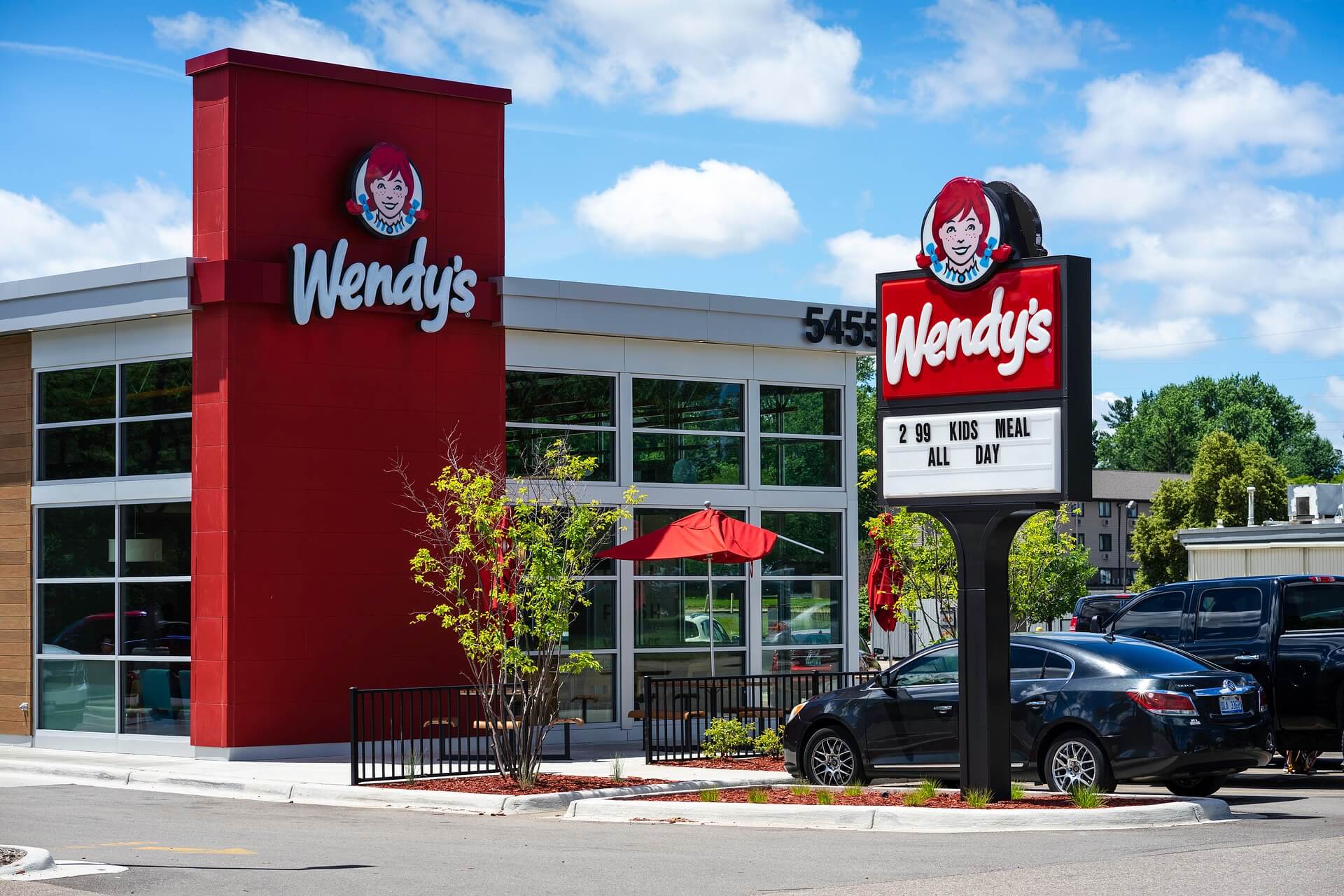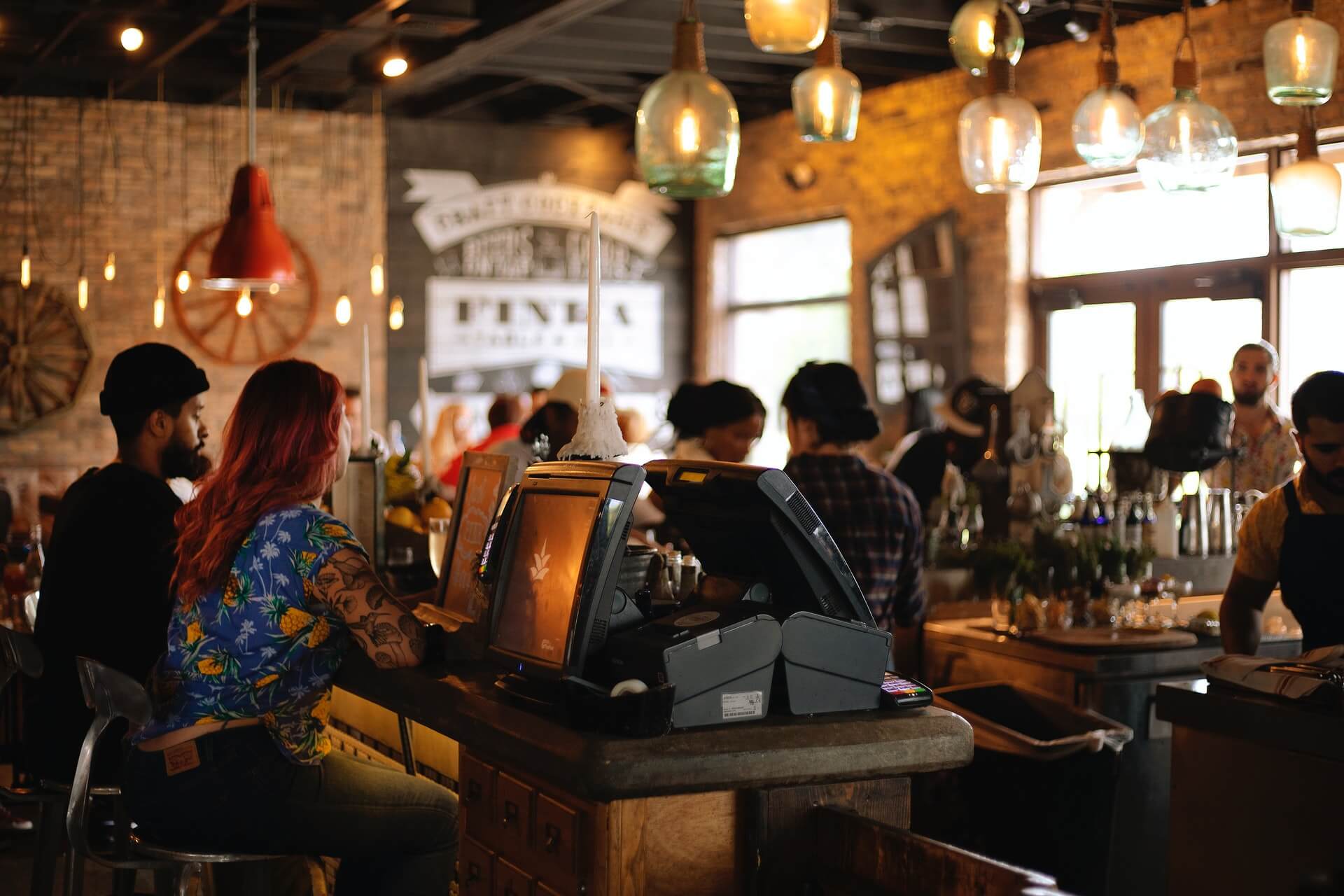Stand Out with Weird Holidays: September
by David Klemt

Want to stand out from from other restaurants and bars in your area? Then commit to keeping it weird.
Several “holidays” are set against every date on the calendar, and September is no exception. These holidays range from mainstream to food-centric to weird.
Focus on the latter to raise eyebrows, carve out a niche for your restaurant or bar, and attract more guests. Why do what everyone else is already doing?
Of course, you shouldn’t try to celebrate every holiday, weird or otherwise. And this month’s list in no way includes every odd holiday.
Focus on the days that are authentic to your brand; resonate with your guests; and help you grab attention on social media.
For last month’s list, click here.
September 3: National College Colors Day
There are a few ways you can go about celebrating this holiday. If your bar or restaurant supports a particular college team, create a promotion that encourages guests to wear that team’s colors. You can also ask guests to wear their favorite college team’s colors…if there’s no risk of rivalries getting out of hand, of course.
September 4: World Beard Day
An entire day dedicated to celebrating facial hair? Sign us up! There’s a lot you can do with this holiday, even if that means going the other way and rewarding the clean shaven among us.
September 6: National Read a Book Day
It’s not exactly a secret that we love a good book, whether it’s about leadership, business, history, cocktails, food or fiction. Create a new promotion focused on inspiring people to read books or bring back last month’s Book Lover’s Day promo.
September 10: National TV Dinner Day
Delivery and takeout aren’t going anywhere. Even before the pandemic, these two lifelines helped many operators generate revenue. Several restaurants have come up with signature TV dinners and you can do the same.
September 12: National Hug Your Hound Day
People love dogs. People love other people’s dogs. If your business is dog-friendly, this is the day to encourage guests to bring their pooches to your restaurant, bar or hotel.
September 19: National Talk Like a Pirate Day
I doubt I have to tell you what to do this day. Brush up on your pirate and nautical lingo, feature themed cocktails like the Dark & Stormy, and if you have the capability, show a pirate movie or two.
September 22: Car Free Day
If it’s authentic to your brand and will resonate with your guests, create a promotion that encourages people to walk, ride their bikes, or otherwise get to your place by means other than traditional petrol-powered vehicles.
September 25: National Comic Book Day
Break out the comic book character-inspired cocktails and your favorite comic book movies on this day.
September 27: World Tourism Day
This is a great day to seek out partnerships with hotels and local tourism boards to drive out-of-town guests through your doors.
September 28: National Good Neighbor Day
We’ll always suggest that operators show their communities that they support them and are members in good standing. This is the perfect day to pay back the support you receive from the community.
Image: Dan Parlante on Unsplash








